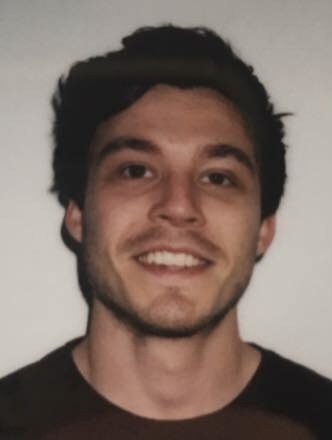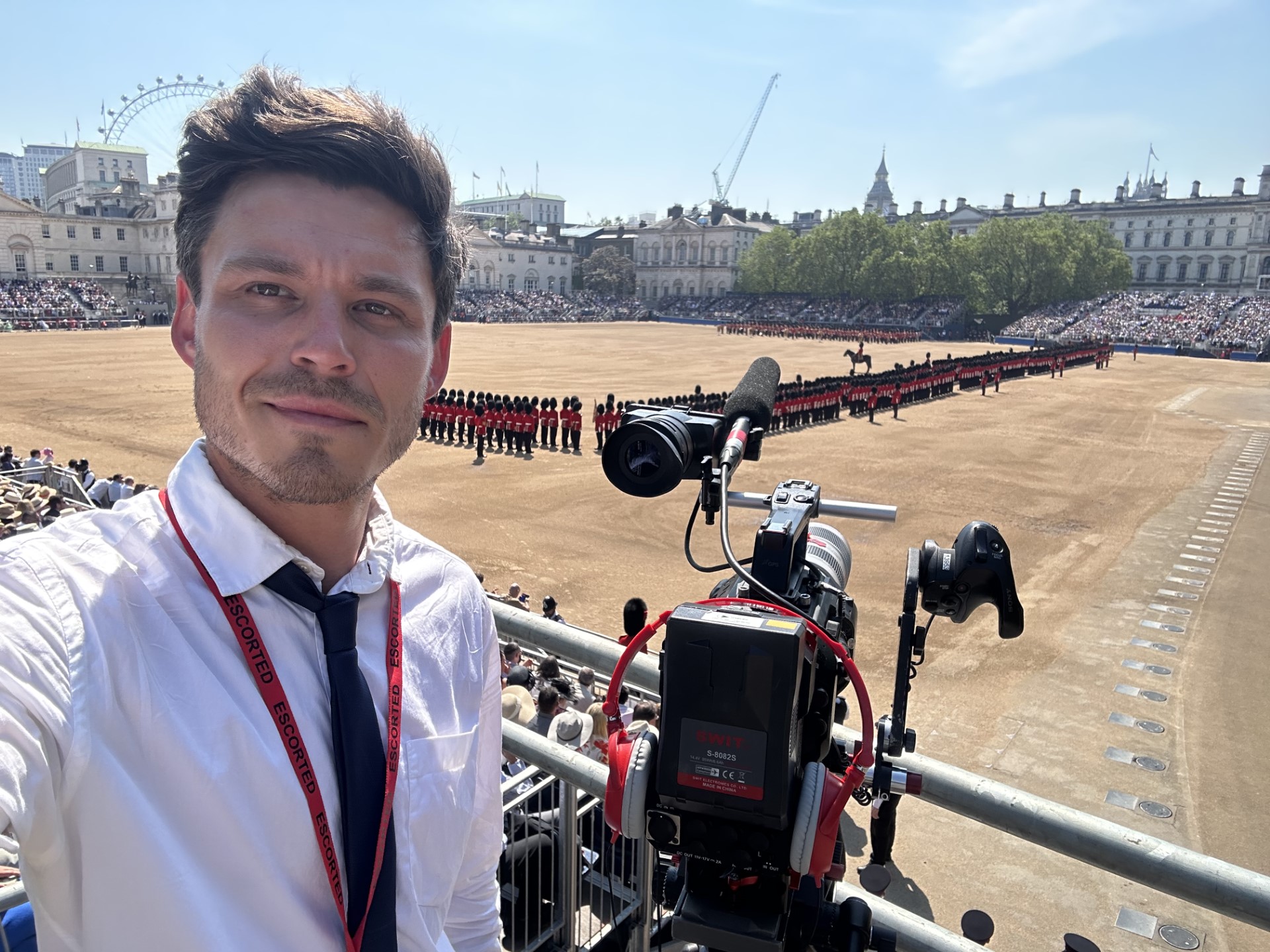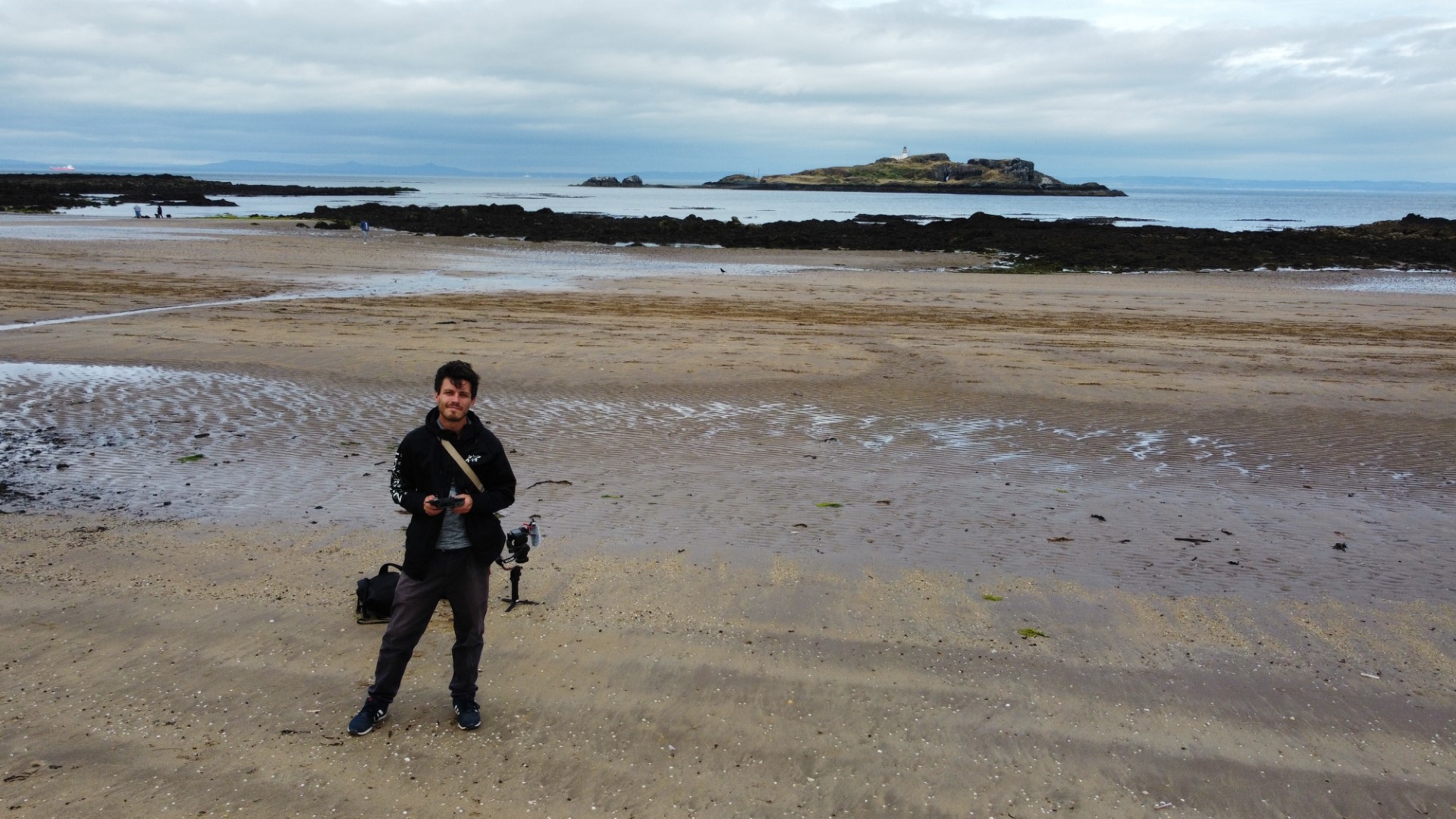
Why did you decide the DV Director route was where you wanted to work?
As a Runner I always enjoyed working closely with the shooters on location, handling the equipment, learning how they put shots and sequences together, and seeing first-hand how they utilised any pre-production work we did such as casting as I progressed through. By the time I had become a Junior Researcher and spent a lot of time on many different locations, I knew the Editorial path was for me. Every job since then has only confirmed my decision!
How did you get into being an DV Director?
I progressed over 6/7 years from a Runner, through Junior and then full Researcher, Assistant Producer and finally DV Director. I have had various bases over the years including living in London, Manchester and Plymouth. Not only working in shooting roles, I have also helped with Casting for many productions, giving me a great understanding of how contributors and stories are chosen and told through the films we make. I am extremely grateful for having stepped up through each role and not just learnt about, but undertaken many positions which allow the whole team to work best.

How did you learn to be an DV Director? What skills do you need?
By shadowing those around me, asking questions when appropriate, understanding how different people may shoot and direct, and being on hand to help whenever possible on location.
You need to be able to think on your feet and consider a Plan B, C, or maybe even D. We are often faced with changing conditions or expectations, some of which are totally unpredictable at the start of the day, so thinking ahead and identifying contingencies always helps.
Also, always be asking if what you’re doing benefits the story at all, or if there are any changes to be made that can be more beneficial. Everyone has the ability to tell a story, and learning how best to do it for camera is a skill that you can acquire by watching and absorbing as much as possible, and then applying it where you can.
Lastly, and probably most importantly, gain the technical skills of operating a camera, understand what makes good shot composition, and learn how to handle and utilise kit available. This will give you the confidence and ability to know what you want and how to get it – you may find a new way to use a piece of equipment or even create your own product like I have done, designing my own camera saddle!
I designed it as a competitor to the only similar product that seems to exist on the market which costs approximately £500 and is made by a company in the US. I decided that they weren't worth the money, and if you have an issue you have to deal with a company on the other side of the Atlantic ocean, so I thought I'd design and produce my own ones made and distributed from the UK. Being based domestically, I can even provide a bespoke product if needed by a client! (Message to know more, I’m quite proud of it!)
What kinds of programmes do you work on?
I have, in the last few years, stepped away from lifestyle/Factual Entertainment and into Documentary. I have been lucky enough to travel almost the entire length and breadth of the UK, as well as to many other countries, and hope for that travel to continue!
I love working on historical factual shows, such as Lost Treasures of Egypt and Lost Relic Hunters, and hope to continue building my reputation with work on big documentaries and factual programming. 
What are the most challenging projects to work on?
Any time you are faced with a lot of people (especially children and animals!), a lack of time, or a lot of ground to cover with a camera on your shoulder it can get challenging, particularly when half of a crowd do not wish to be featured on camera! However, remembering that you are only human, you cannot be everywhere at once, and remembering to utilise any team or equipment you have at your disposal will always help massively.
Another challenge can be to tell a particularly complex story in a way that your audience would understand when perhaps the topic is one you don’t! If you don’t quite grasp the topic as the person asking questions and building the story, then you increase the chance of the audience not understanding too, or your sequences becoming very long and confused! So ask questions and work with the crew, contributors, and/or experts available to you to help tell the best story you can concisely and accurately.
A good example which covers all of this would be when I filmed in the Great Pyramid at Giza; we only had a single 2-hour slot to get everything we needed, so knowing exactly the information needed from our expert contributors, keeping the story on track whilst climbing around a very awkward location, keeping to time so we could get the whole sequence, avoiding the public that were let in 15 minutes early…it can all stack up - but we smashed it!
What would be your advice to someone trying to get into your area of expertise?
A lot of the shooters I have worked with over the years have always allowed me to build the camera at the start of a shoot, carry and change lenses, perhaps frame up and hit record on a few GVs, but generally I was given that permission by asking. If you can show the senior members of the team that you have a desire to learn a specific skill, they will always try and help when time allows. Then you will soon become an asset!
I also made the decision to invest in a drone, which has allowed me to shoot some incredible footage for many productions. Again, learning a specific skill can really help boost your profile! 
Why do you like using Talent Manager?
For a long time at the start of my career finding work in TV was a bit ‘Wild West’, with no real set rules on how to go about finding work and some having far more connections than others. When finding work before Talent Manager it was a case of using Facebook statuses, blanket emails to production companies, and calling the contacts saved in my phone that I’d made. Talent Manager has now given us a great central database of jobs and people, levelling the playing field for those trying to find work and allowing production companies the chance to look at a greater range of people, as well as seek out those with the skillset required.
In particular, what are the benefits to being a Pro member?
Though Talent Manager have created a fantastic free service, being a Pro member allows a bit more visibility for your profile, as well as allowing you to connect to companies and store multiple CVs.
Thanks for sharing your story with us, Alex! If you are looking for an amazing DV Director, he is available for work right now. Get in touch directly with him here.



